Nigeria’s Minister of Health, Dr Osagie Ehanire has stated that the $200 million loan request made by the ministry was to combat malaria in 13 vulnerable states in the country.
Ehanire made the clarification during media briefing on COVID-19, Cholera, Health and other related health issues in the country.
Join our WhatsApp ChannelThe minister stated that the purpose of the briefing was to correct wrong information arising from not knowing the condition under which the request was made.
He explained that the fund was not just for the purchase of mosquito nets, but to execute the malaria eradication programme in 13 states, adding that there are international donors to the project and that the loan was to serve as Nigeria’s counterpart fund to complement other funding sources.
“The main donors to this rollback malaria are three. The first is the U.S. presidential malaria initiative which donated $295 million and they are going to use that to cover 11 states.
“The global funds to fight AIDS, tuberculosis and malaria provides about $400 dollars for very high malaria burden in 13 states in the country to continue to roll back malaria; these are states which have no financial support for this programme,” he said.
“As a condition for our partners to release their own grants, the partners want Nigeria to be responsible for thirteen states namely Abia, Anambra, Borno, Edo, Ekiti, Ondo, Kogi, Imo, Lagos, Rivers, and the Federal Capital Territory. The fund is not just to purchase mosquito nets as widely purported but to purchase test kits among others.
“In order to have full coverage for our partners to release their funds, they need these 13 states to be covered on the condition that Nigeria will provide $200 million for the 13 states for five years and this covers 208 LGAs, 3,536 PHCs (Primary Health Centres),” the minister explained.
On the modalities for managing the fund, he said it would strictly follow World Bank guidelines.
“Expenditure follows strict World Bank rules and guidelines and is monitored by the Ministry of Finance and as well as by the World Bank. The facility is for 13 States over a 5-year period, with about 25% going to nets and 75% to testing, treatment and other malaria control measures. Any unspent funds out of the facility returns immediately to Federal Government account.”
He observed that malaria has become so endemic in Nigeria such that people no longer take the disease serious even when it accounts for about 60 per cent of hospital cases in the country.
The Senate Committee on Local and Foreign Loans had on Tuesday last week opposed the proposal made by the Federal Ministry of Health to borrow $200 million under the Malaria Programme to buy mosquito nets in the 2022 budget.
The committee condemned the request because of the Ministry’s submission that it intends to borrow the amount for the purchase of mosquito nets for the 13 designated vulnerable states.
Victor Ezeja is a passionate journalist with six years of experience writing on economy, politics and energy. He holds a Masters degree in Mass Communication.

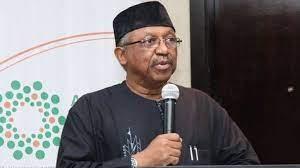








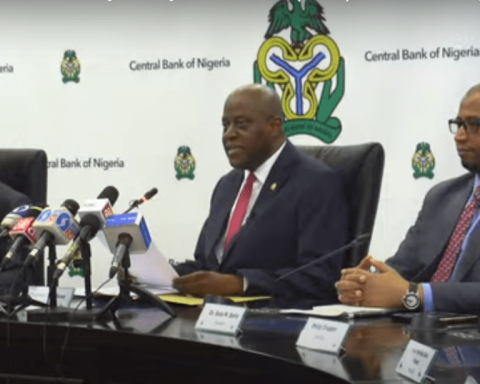
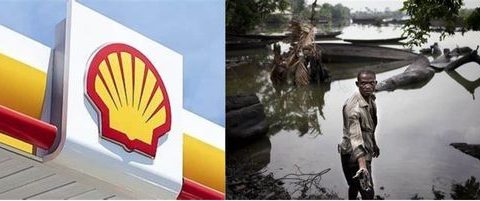



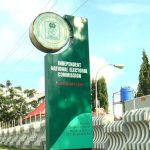
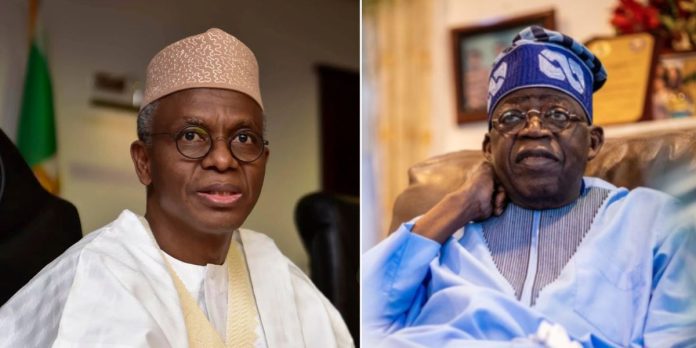
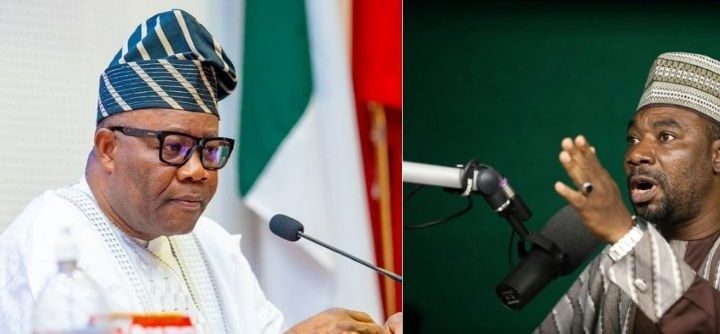

Follow Us